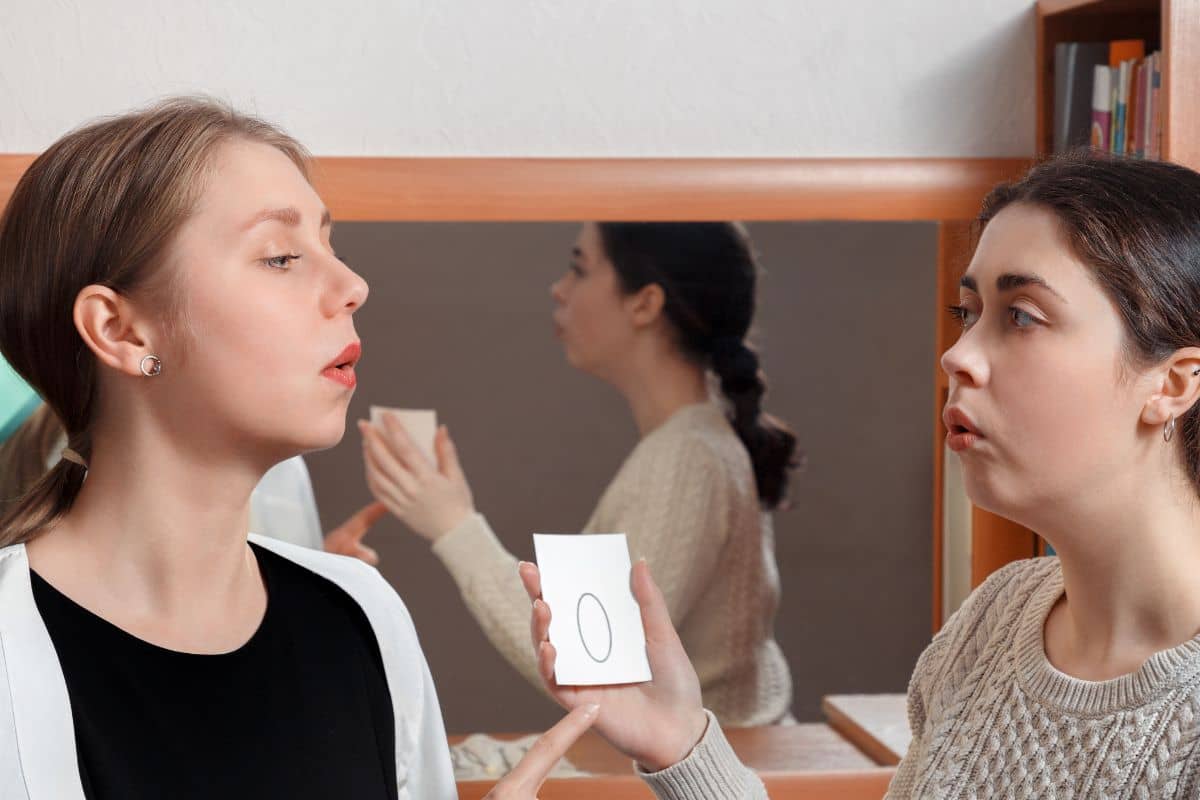Voice therapy techniques powerful, evidence‑based ways to restore clear speech, ease vocal strain, and rebuild confidence in daily conversations. Whether you are a teacher who has grown hoarse, experiencing voice weakening with age, or a seasoned singer protecting a professional voice, the right therapy plan can make voicing feel easy again. At Becker ENT & Allergy, our certified and specialized speech‑language pathologists work closely with our group of ENTs to diagnose the root cause of the voice disorders and then guide patients through targeted exercises that fit their goals and lifestyles. By combining medical expertise with compassionate care, we help children and adults find—and keep—their best voice.

Top Takeaways: What You’ll Learn
Before we dive in, here’s a quick snapshot of what this article covers and why it matters.
- What voice therapy is and why you may benefit from it
- Common warning signs that suggest it’s time to see a specialist.
- How physiologic and symptomatic voice therapy techniques improve vocal strength, range, and comfort.
- Why Becker ENT & Allergy’s multidisciplinary approach delivers faster, longer‑lasting results.
What is Voice Therapy?
Voice therapy is essentially like physical therapy for your vocal fold muscles. It targets how the voice muscles vibrate, close, and function to create sound. For good, efficient voicing, vocal folds must vibrate in symmetry and have full closure without strain or leakage of air. Various voice disorders such as muscle tension dysphonia, vocal nodules, vocal cord paralysis, vocal fold cysts, and more can impact this vocal function and change your voice quality and/or make speaking effortful. Voice therapy is different than “speech therapy” which typically targets the clarity, rhythm, and language aspects of communication—helping patients articulate sounds, organize words, and pace their speech. Someone with aphasia after a stroke or a child who stutters may work with a speech therapist even though their vocal cords are perfectly healthy.
What Is the Goal of Voice Therapy?
- Voice therapy aims to balance breathing, phonation, and resonance so the vocal folds vibrate efficiently and without strain.
Signs You May Need Voice Therapy
You might wonder when a raspy morning voice crosses the line into a medical concern. Changes in voice that last longer than two weeks, pain or fatigue while speaking, and feeling a lump in the throat while speaking are all red flags. If any of these persist, an evaluation can prevent small issues from becoming chronic.

- Persistent hoarseness, breathiness, or voice breaks
- Throat or neck discomfort when talking
- Frequent loss of voice after meetings, games, or performances
- Sudden changes in pitch or volume control
- Change in vocal range while singing
Benefits of Therapy for Voice Disorders
Therapy is more than a set of drills—it is an investment in lifelong vocal health. Tailored exercises strengthen laryngeal muscles, reduce compensatory tension, and teach sustainable speaking habits. Patients often notice clearer tone, wider pitch range, and less effort within weeks. Just as important, therapy can delay or even eliminate the need for surgery in many cases. Summary of benefits include:
- Restores normal vocal quality and stamina
- Reduces throat pain, chronic throat clearing, and fatigue
- Protects professional voice users from career‑threatening injuries
- Enhances projection and resonance for teachers, coaches, and singers
- Boosts confidence in social and work situations
Voice Therapy Techniques
Voice therapy comes in two broad categories. Physiologic methods directly adjust how the vocal mechanism works, while symptomatic approaches modify specific behaviors that contribute to strain or poor sound quality. Your speech therapist will often combine both for the best outcome.
Physiologic Techniques
Physiologic voice therapy retrains the entire system—breath support, vocal fold vibration, and resonance chambers—so voice production becomes efficient and effortless. Exercises are practiced daily, then woven into real‑world conversation. Because they address root physiology, results tend to last.
- Vocal Function Exercises (VFE) – A four‑step routine (warm‑up, stretch, contract, power) that strengthens and balances laryngeal muscles.
- Semi‑Occluded Vocal Tract Exercises (SOVT) – Straw phonation and lip trills that reduce collision force on the vocal folds while improving resonance.
- Lee Silverman Voice Treatment (LSVT) – An intensive program for Parkinson’s disease that recalibrates loudness and breath support.
- Accent Method & Flow Phonation – Rhythmic breathing and abdominal engagement to coordinate airflow and phonation.
Symptomatic Techniques
Symptomatic voice therapy at Becker ENT & Allergy targets everyday habits—pitch, loudness, breathing, and posture—that may be stressing your vocal folds. The team’s speech therapists combine several evidence‑based tools so you can feel (and sound) better right away:
- Vocal Warm‑Ups – gentle humming, lip trills, or straw phonation that prepare the vocal cords for heavier use.
- Breath Control & Soft Phonation Onset – coordinated abdominal breathing and “easy starts” that eliminate hard glottal attacks.
- Pitch & Volume Control – guided drills that keep you out of strain‑inducing extremes and restore a natural speaking range.
- Resonant Voice Therapy – forward‑focus techniques that amplify sound without extra effort.
- Relaxation & Laryngeal Massage – posture work, neck stretches, and manual laryngeal release that melt away muscle tension.
Don’t let your voice get worse. Get expert care now!
Schedule a consultation with our specialist in New Jersey and Philadelphia.
What Technique is the Best for You?
No single technique fits every voice problem. Most patients benefit from a customized mix—perhaps VFE for strength and resonant voice for daily speech. An expert evaluation ensures therapy matches both the medical condition and your communication goals.

Why Choose Becker ENT & Allergy for Voice or Speech Therapy?
Our practice pairs board‑certified otolaryngologists with specialty‑trained speech therapists in the same clinic, so you receive seamless medical and therapeutic care in one visit. Advanced diagnostics such as videostroboscopy pinpoint the exact source of hoarseness so you won’t waste time on generic programs. With multiple offices across New Jersey and Philadelphia, convenient scheduling, and telehealth options, expert care is always within reach—book your appointment today and start sounding like yourself again.
The Importance of Early Intervention
Waiting to address chronic hoarseness can lead to compensatory habits, permanent vocal fold damage, or missed medical diagnoses such as vocal fold cancer. Clinical guidelines from the American Academy of Otolaryngology stress that an ENT evaluation within four weeks of persistent dysphonia ensures serious conditions are caught early and that therapy begins while tissues are still responsive. The sooner you act, the faster you’ll recover—and the less likely you’ll need invasive treatment later.
Consult with a Voice Specialist
Ready to reclaim your voice? Schedule a comprehensive voice evaluation at Becker ENT & Allergy today. Our voice specialized SLPs will perform state‑of‑the‑art imaging, and design a personalized exercise plan you can start immediately. Clearer, stronger, and more reliable communication is only an appointment away—call or request a visit online now.

